For many of us, the COVID-19 outbreak has meant spending many otherwise outdoors-intended days in the house. It means that our normal activities outdoors, such as heading down to the beach, are either shelved entirely or simply limited to a short space of time each day. Wherever you live, COVID-19 is likely having a negative impact on your personal life and lifestyle. But one thing to remember is that while we aren’t getting outdoors as much as we can, animals are enjoying the freedom like never before!
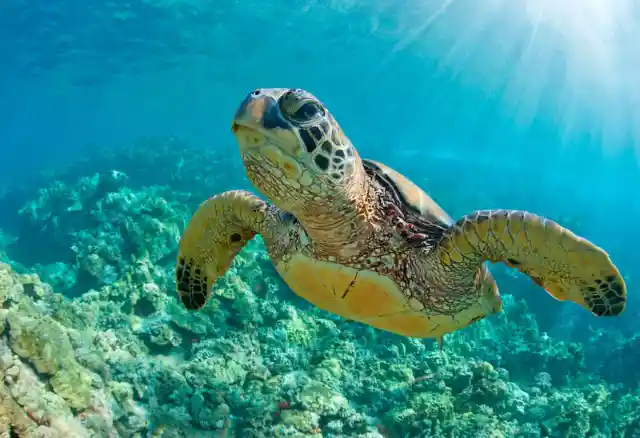
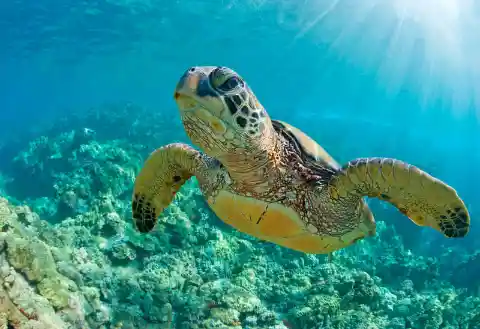
This is best seen in the fact that we are now seeing a massive influx of sea turtle nests appearing on beaches. As humanity has had to step back from the beach, we’ve seen many animals settling back into their previous lifestyles before humanity took over. It’s an incredible thing to see and reminds s just how much of our own personal choices have an impact on the world around us. We aren’t the only inhabitants of this world, and many animals appear to be taking our seclusion as a sign of a chance to return to normal. And who can blame them?
Having seen humanity eat up much of their natural habitats, creatures like sea turtles have had to get used to increasingly poorer living conditions. That’s why the fact that sea turtles are returning to many beaches is a fine example of the fact that humanity plays such a crucial role in impacting and limiting the quality of life of many animals.
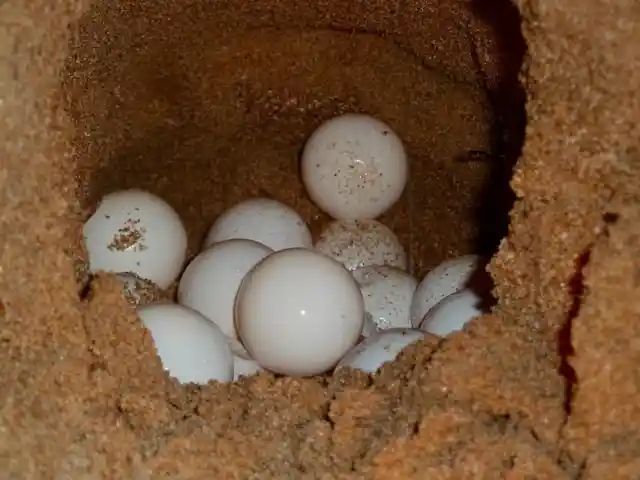
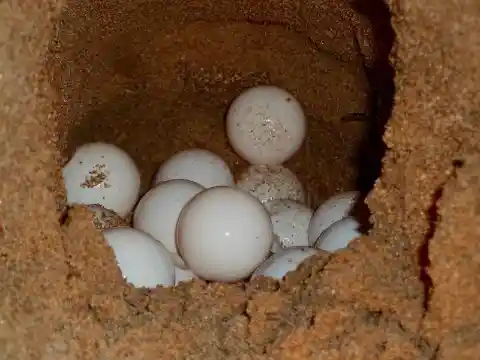
This has been mostly spotted by groups like the Loggerhead Marine Life Center. They’ve noticed a big uptake on the number of sea turtle nests on Juno Beach, South Florida. They’ve spotted over 75 so far, and the number keeps growing. Sea turtles have noticed the massively reduced number of humans on their ‘turf’ and have decided to act accordingly, taking back the living space that we have more or less taken from them in the past.
This is not just for a Florida trend, though. Conservation efforts worldwide are noticing a big upsurge in the number of animals that we are seeing – especially leatherback sea turtles. In Thailand, the largest number of nests for over two decades are being found by professionals. This, though, opens up a new question – when the COVID-19 crisis is over, do we just return and take over once again?
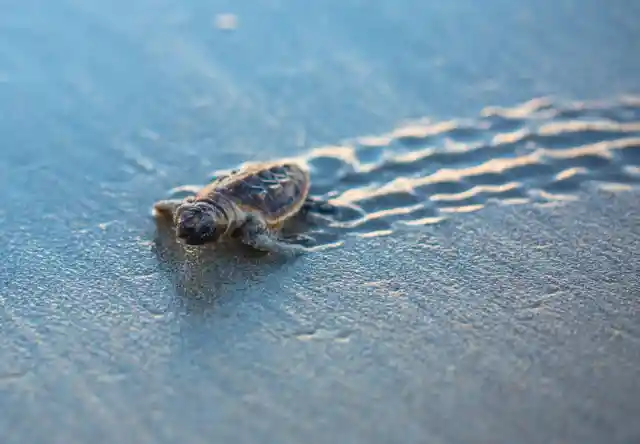
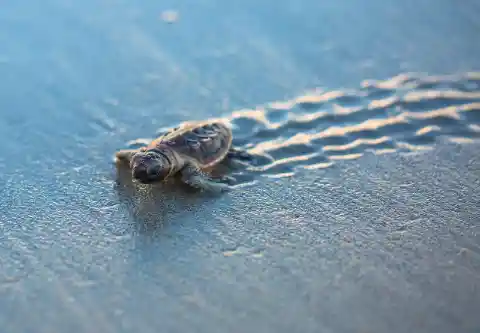
Or do we perhaps start looking at ways that we can more peacefully co-exist with animals like the proud sea turtle?
It’s an interesting dilemma. COVID-19 is forcing us to look at our society and our civil structure in a way that humans have no for a long, long time. Is it likely that we will take into account the impact we are having on the environment – or will we simply go back to life as normal once COVID-19 clears up?
For the sea turtles' sake, we hope it’s the former.